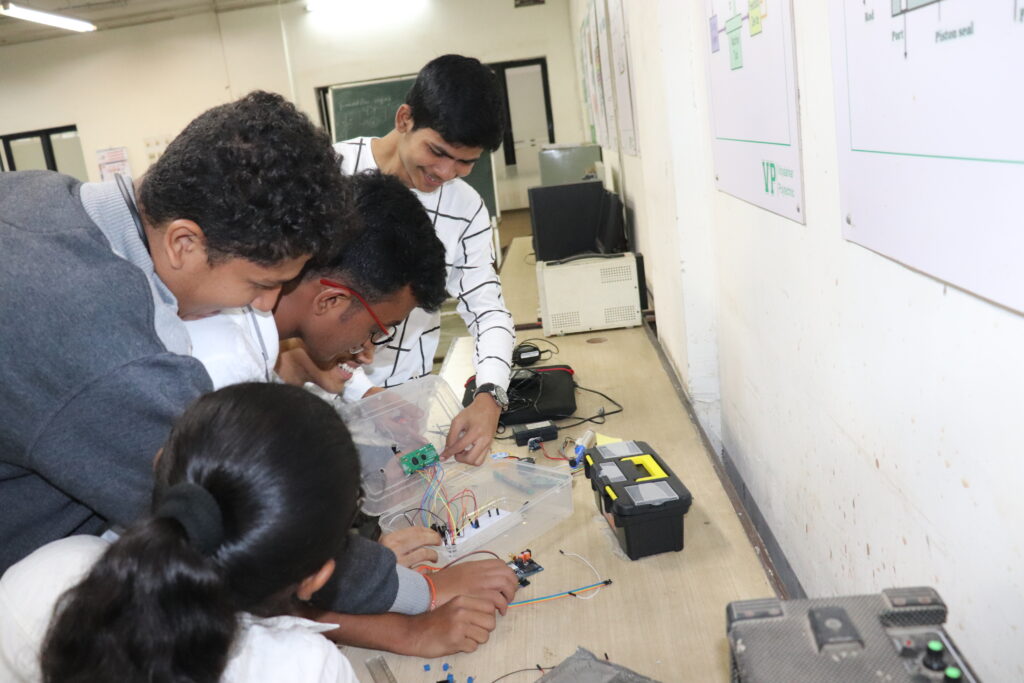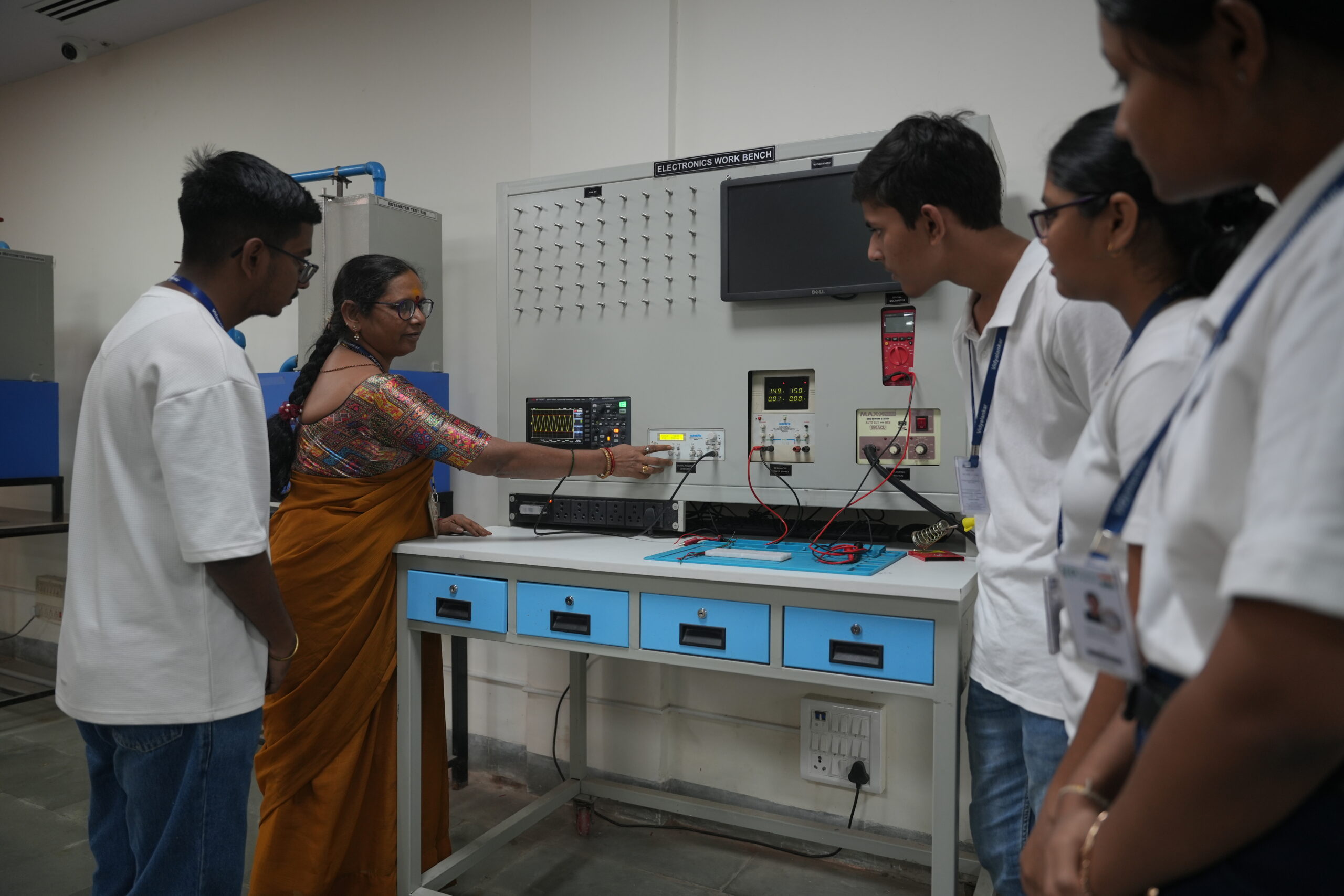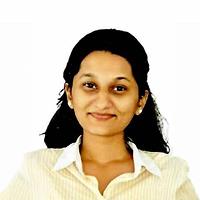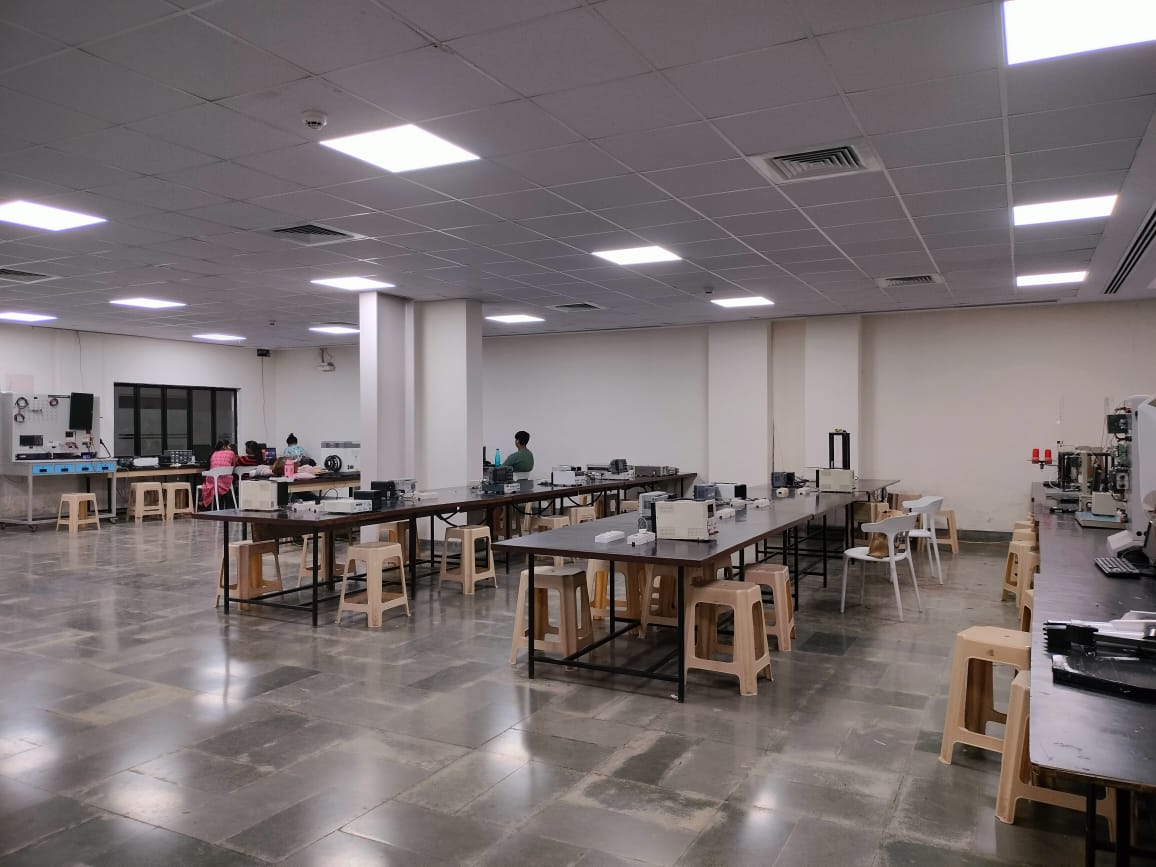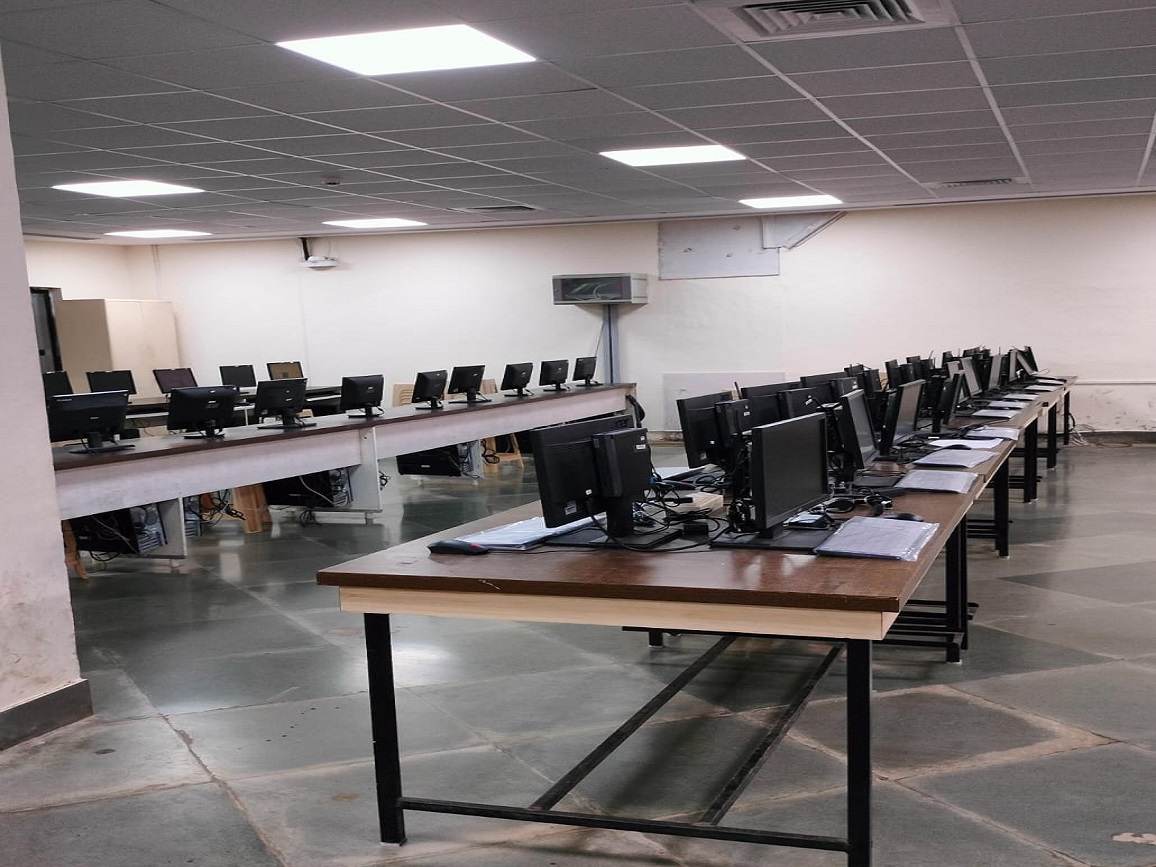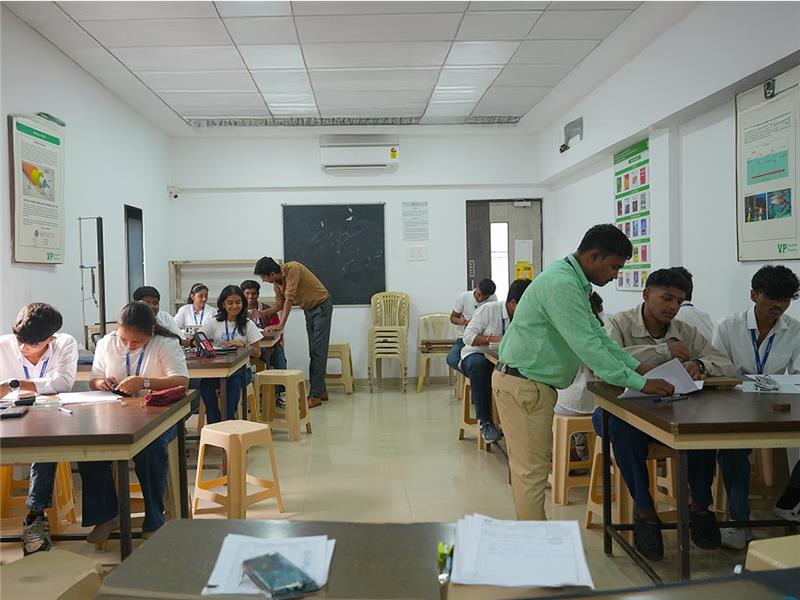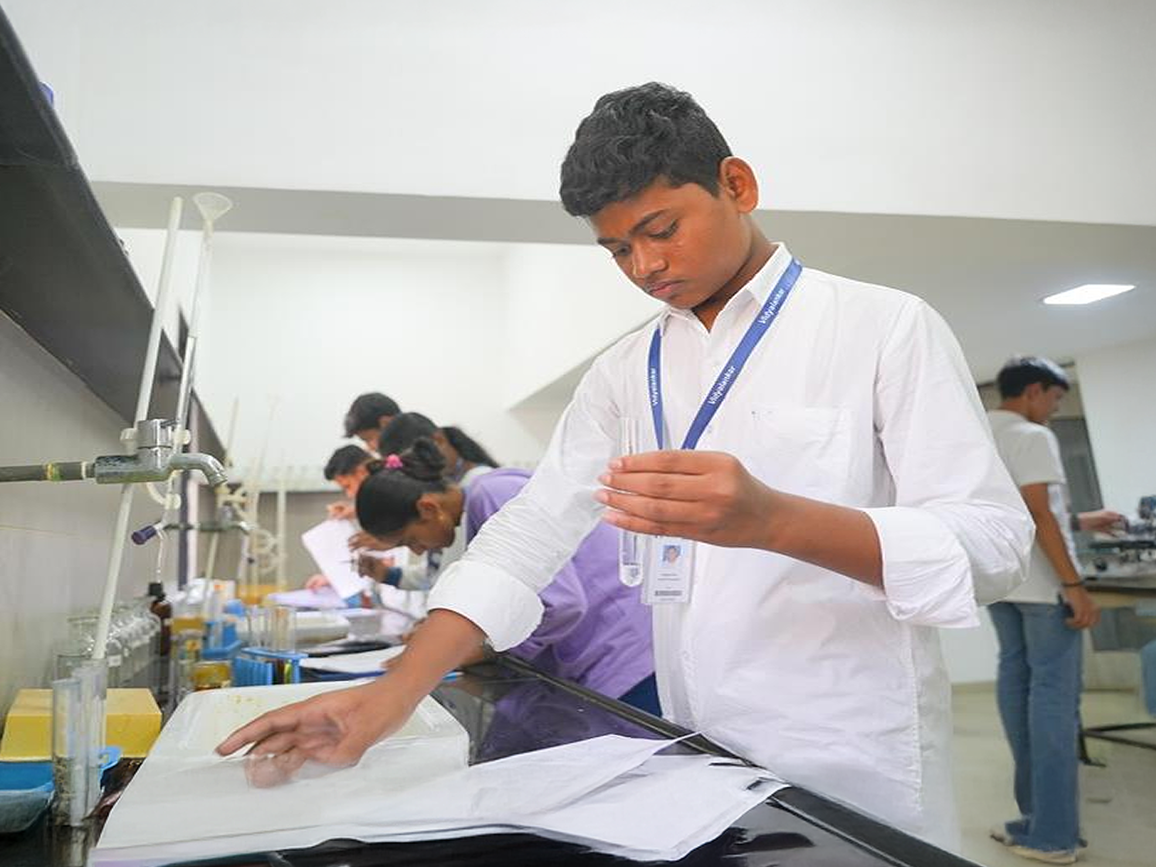Top notch Laboratories
The department boasts of a unique mode of learning, one that uses advanced aids for teaching. All the laboratories are provided with Internet facility through broadband connectivity. This facility caters to the computing, information processing and multimedia requirements of the students and faculty of the department. All the laboratories are air conditioned.


